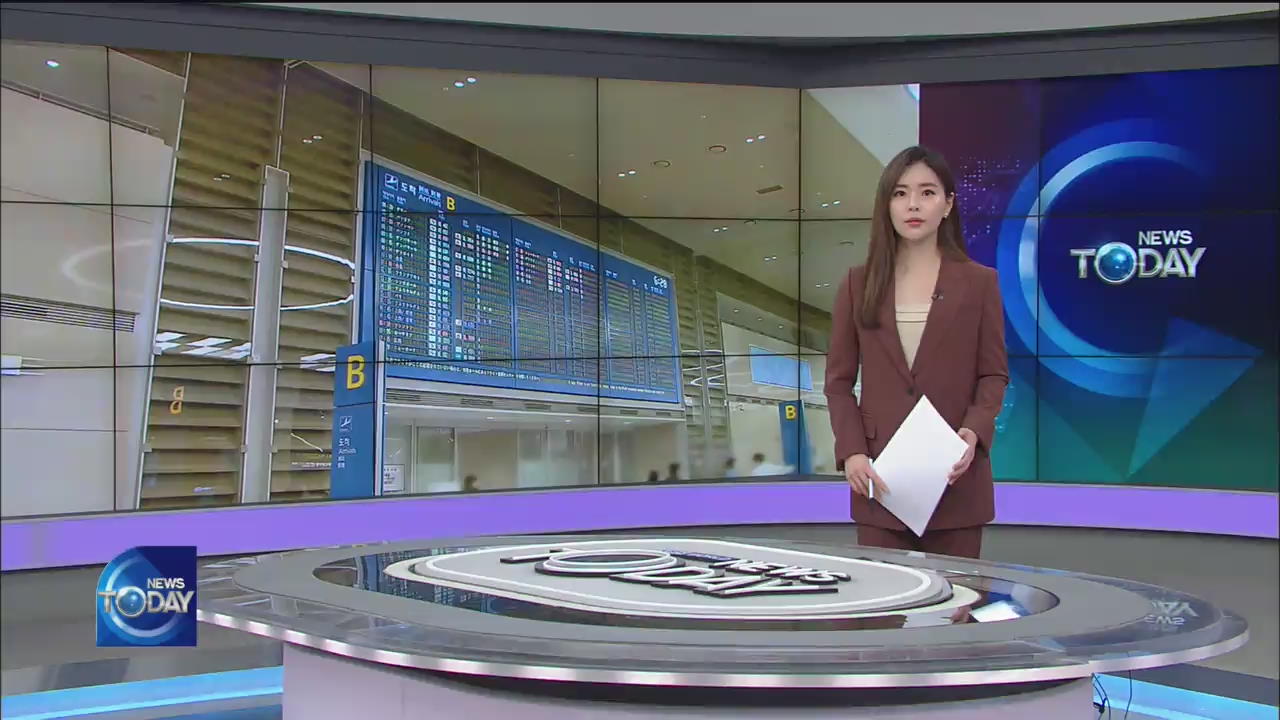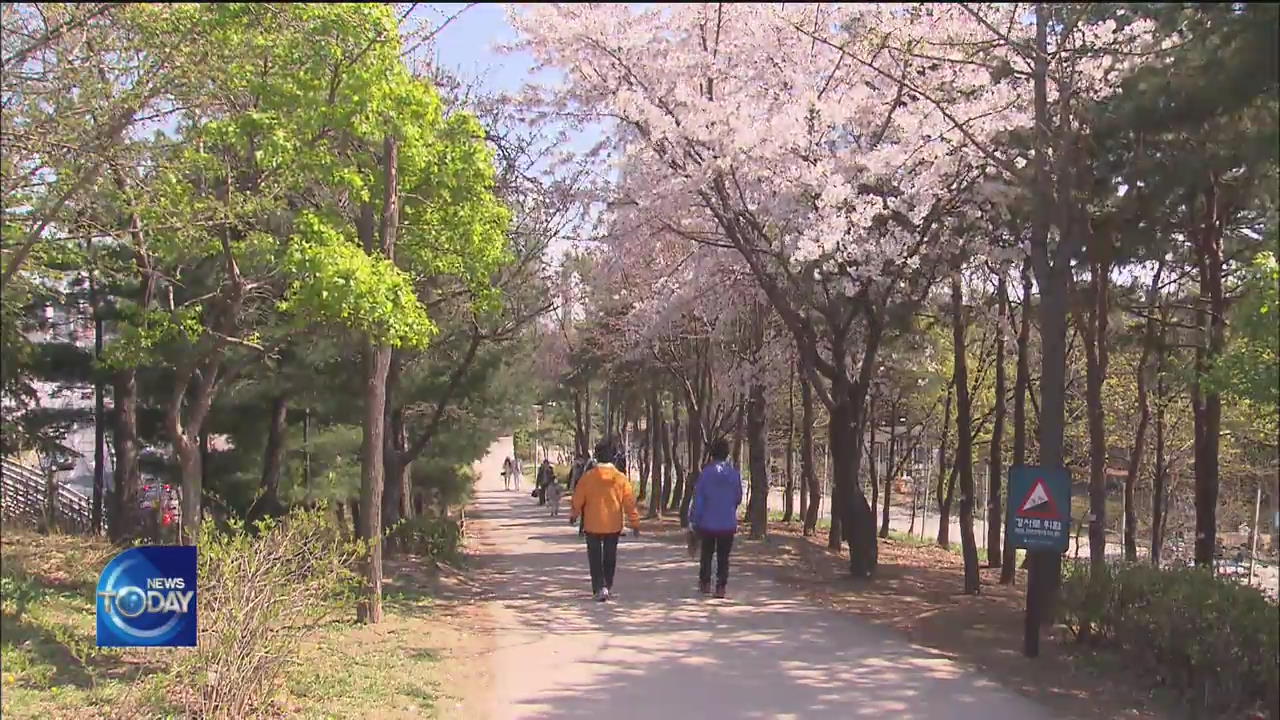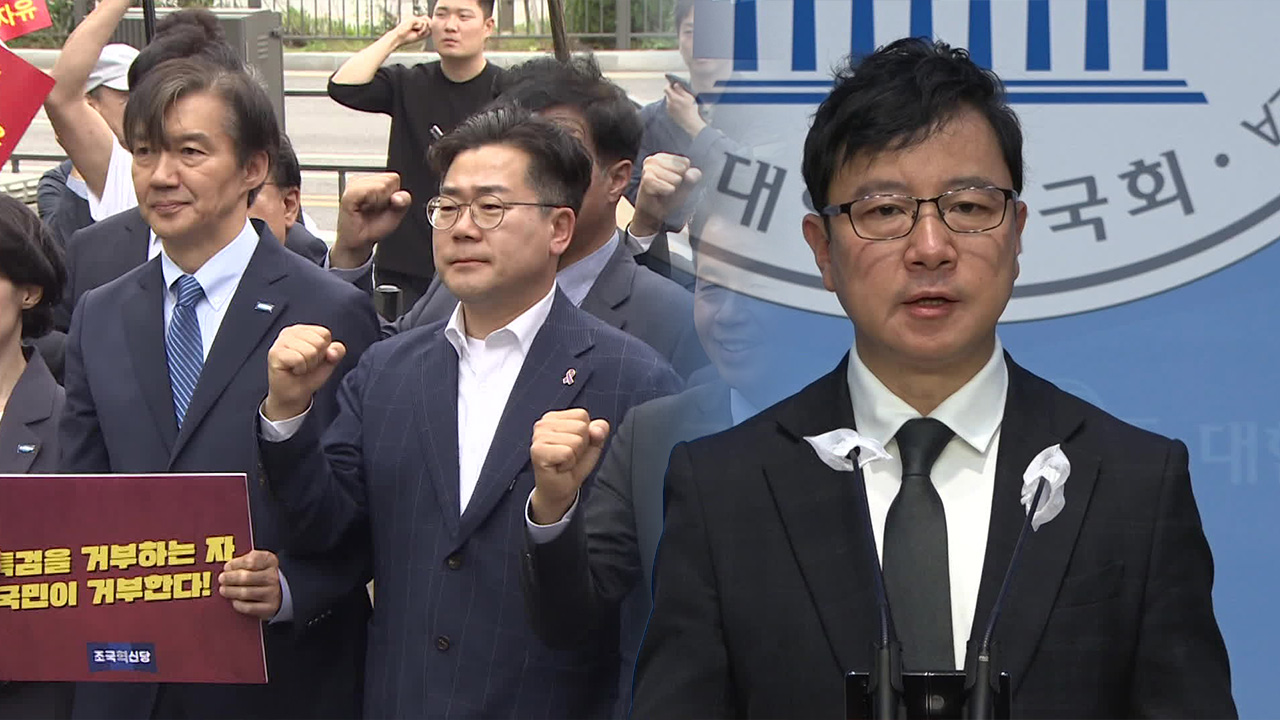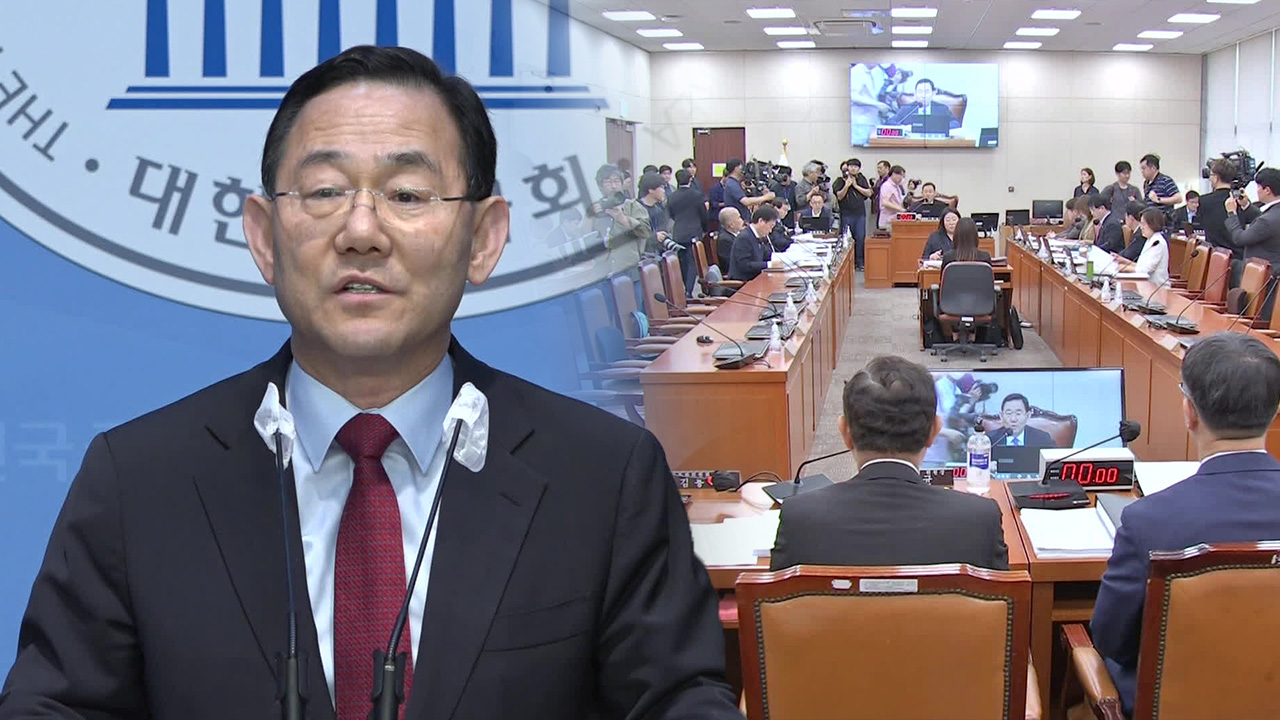CALLS TO DISCLOSE ‘PRIMER’ FOR VIRUS DIAGNOSIS
입력 2020.04.06 (15:43)
수정 2020.04.06 (16:47)
읽어주기 기능은 크롬기반의
브라우저에서만 사용하실 수 있습니다.
[Anchor Lead]
With more than ten thousand COVID-19 cases in Korea, just 74 days after the first case, the pandemic has resulted in huge social costs. To alleviate some of those costs, there have been calls for the disclosure and verification of the performance of what is known as primer, a core substance for amplifying genes to diagnose the coronavirus.
[Pkg]
After a specimen is taken from a person's mouth, a certain part of the viral genes is amplified. Primers, a short nucleic acid sequence that attaches to certain viruses, play a key role in diagnosing the virus. When a virus is detected through gene amplification, a fluorescent substance appears to show if the test is positive or negative. The primer, used to detect COVID-19 cases in Korea, has been developed recently by the Institute for Basic Science. It enables to see test results in just four hours. The institute disclosed the nucleic sequence of the primer and the results of its research to the Korea Society for Brain and Neural Science. The institute is receiving many inquiries from overseas as its primer allows even ordinary research facilities to easily detect COVID-19 in asymptomatic people.
[Soundbite] WON JONG-HA(INSTITUTE FOR BASIC SCIENCE) : "We conducted this research because asymptomatic people and those who have met people with symptoms or have been near them cannot undergo tests in hospitals and must pay a lot for testing."
The disclosure of the primer used in diagnostic kits is expected to help reduce social costs. However, in Korea the performance of primers and their evaluation data are not disclosed properly because they are regarded as businesses' intellectual property.
[Soundbite] SEO SANG-HEE(PROF., CHUNGNAM NATIONAL UNIVERSITY) : "Things that involve public taxes must be disclosed and verified transparently to help minimize false positives. The public must know the nucleic sequence of the primer used in testing."
Experts point out that primers and their performance evaluation should be verified thoroughly to prepare for viral mutations and to enhance diagnostic accuracy.
With more than ten thousand COVID-19 cases in Korea, just 74 days after the first case, the pandemic has resulted in huge social costs. To alleviate some of those costs, there have been calls for the disclosure and verification of the performance of what is known as primer, a core substance for amplifying genes to diagnose the coronavirus.
[Pkg]
After a specimen is taken from a person's mouth, a certain part of the viral genes is amplified. Primers, a short nucleic acid sequence that attaches to certain viruses, play a key role in diagnosing the virus. When a virus is detected through gene amplification, a fluorescent substance appears to show if the test is positive or negative. The primer, used to detect COVID-19 cases in Korea, has been developed recently by the Institute for Basic Science. It enables to see test results in just four hours. The institute disclosed the nucleic sequence of the primer and the results of its research to the Korea Society for Brain and Neural Science. The institute is receiving many inquiries from overseas as its primer allows even ordinary research facilities to easily detect COVID-19 in asymptomatic people.
[Soundbite] WON JONG-HA(INSTITUTE FOR BASIC SCIENCE) : "We conducted this research because asymptomatic people and those who have met people with symptoms or have been near them cannot undergo tests in hospitals and must pay a lot for testing."
The disclosure of the primer used in diagnostic kits is expected to help reduce social costs. However, in Korea the performance of primers and their evaluation data are not disclosed properly because they are regarded as businesses' intellectual property.
[Soundbite] SEO SANG-HEE(PROF., CHUNGNAM NATIONAL UNIVERSITY) : "Things that involve public taxes must be disclosed and verified transparently to help minimize false positives. The public must know the nucleic sequence of the primer used in testing."
Experts point out that primers and their performance evaluation should be verified thoroughly to prepare for viral mutations and to enhance diagnostic accuracy.
■ 제보하기
▷ 카카오톡 : 'KBS제보' 검색, 채널 추가
▷ 전화 : 02-781-1234, 4444
▷ 이메일 : kbs1234@kbs.co.kr
▷ 유튜브, 네이버, 카카오에서도 KBS뉴스를 구독해주세요!
- CALLS TO DISCLOSE ‘PRIMER’ FOR VIRUS DIAGNOSIS
-
- 입력 2020-04-06 15:44:07
- 수정2020-04-06 16:47:03

[Anchor Lead]
With more than ten thousand COVID-19 cases in Korea, just 74 days after the first case, the pandemic has resulted in huge social costs. To alleviate some of those costs, there have been calls for the disclosure and verification of the performance of what is known as primer, a core substance for amplifying genes to diagnose the coronavirus.
[Pkg]
After a specimen is taken from a person's mouth, a certain part of the viral genes is amplified. Primers, a short nucleic acid sequence that attaches to certain viruses, play a key role in diagnosing the virus. When a virus is detected through gene amplification, a fluorescent substance appears to show if the test is positive or negative. The primer, used to detect COVID-19 cases in Korea, has been developed recently by the Institute for Basic Science. It enables to see test results in just four hours. The institute disclosed the nucleic sequence of the primer and the results of its research to the Korea Society for Brain and Neural Science. The institute is receiving many inquiries from overseas as its primer allows even ordinary research facilities to easily detect COVID-19 in asymptomatic people.
[Soundbite] WON JONG-HA(INSTITUTE FOR BASIC SCIENCE) : "We conducted this research because asymptomatic people and those who have met people with symptoms or have been near them cannot undergo tests in hospitals and must pay a lot for testing."
The disclosure of the primer used in diagnostic kits is expected to help reduce social costs. However, in Korea the performance of primers and their evaluation data are not disclosed properly because they are regarded as businesses' intellectual property.
[Soundbite] SEO SANG-HEE(PROF., CHUNGNAM NATIONAL UNIVERSITY) : "Things that involve public taxes must be disclosed and verified transparently to help minimize false positives. The public must know the nucleic sequence of the primer used in testing."
Experts point out that primers and their performance evaluation should be verified thoroughly to prepare for viral mutations and to enhance diagnostic accuracy.
With more than ten thousand COVID-19 cases in Korea, just 74 days after the first case, the pandemic has resulted in huge social costs. To alleviate some of those costs, there have been calls for the disclosure and verification of the performance of what is known as primer, a core substance for amplifying genes to diagnose the coronavirus.
[Pkg]
After a specimen is taken from a person's mouth, a certain part of the viral genes is amplified. Primers, a short nucleic acid sequence that attaches to certain viruses, play a key role in diagnosing the virus. When a virus is detected through gene amplification, a fluorescent substance appears to show if the test is positive or negative. The primer, used to detect COVID-19 cases in Korea, has been developed recently by the Institute for Basic Science. It enables to see test results in just four hours. The institute disclosed the nucleic sequence of the primer and the results of its research to the Korea Society for Brain and Neural Science. The institute is receiving many inquiries from overseas as its primer allows even ordinary research facilities to easily detect COVID-19 in asymptomatic people.
[Soundbite] WON JONG-HA(INSTITUTE FOR BASIC SCIENCE) : "We conducted this research because asymptomatic people and those who have met people with symptoms or have been near them cannot undergo tests in hospitals and must pay a lot for testing."
The disclosure of the primer used in diagnostic kits is expected to help reduce social costs. However, in Korea the performance of primers and their evaluation data are not disclosed properly because they are regarded as businesses' intellectual property.
[Soundbite] SEO SANG-HEE(PROF., CHUNGNAM NATIONAL UNIVERSITY) : "Things that involve public taxes must be disclosed and verified transparently to help minimize false positives. The public must know the nucleic sequence of the primer used in testing."
Experts point out that primers and their performance evaluation should be verified thoroughly to prepare for viral mutations and to enhance diagnostic accuracy.
이 기사가 좋으셨다면
-
좋아요
0
-
응원해요
0
-
후속 원해요
0

















이 기사에 대한 의견을 남겨주세요.